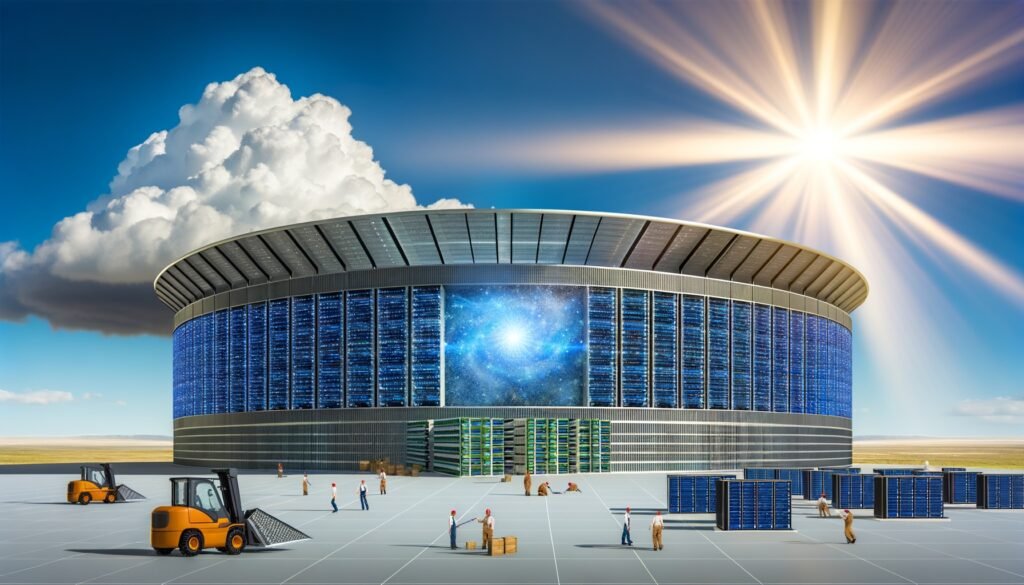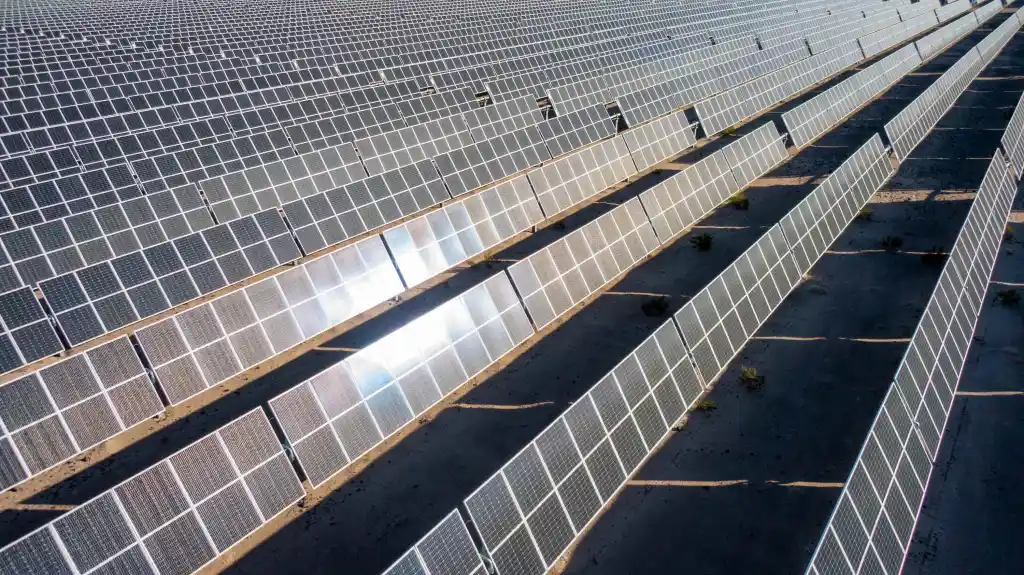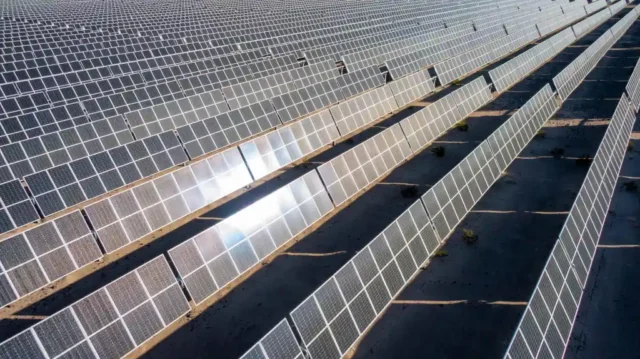In a world racing to feed artificial intelligence (AI) with ever more compute power, a key question is emerging: how green is this boom? A recent report from the International Energy Agency (IEA) sheds light on how much of the surging demand for data centres will be met by renewable energy — and the picture is both hopeful and cautious.
Table of Contents

A Billion-Dollar Dive into Data Centres
The IEA warns that global spending on data centres in 2025 is set to reach US$580 billion, a staggering figure — and notably, US$40 billion more than what the world is spending to discover new oil reserves.
This isn’t just a tech story — it’s an energy one. The explosion in AI capacities, especially generative AI, is pushing data centre electricity demand to levels that challenge power grids, sustainability goals, and climate ambitions.
The Role of Renewables in Powering AI’s Appetite
According to the IEA, about 400 terawatt-hours (TWh) of electricity for data centres over the next decade will come from renewable sources.
However, that doesn’t mean all of AI’s rapid growth will be green-powered. The IEA projects that roughly half of the increase in data centre energy demand will be met by renewables.
In parallel, natural gas is expected to account for about 220 TWh, while small modular nuclear reactors, if they deliver on their promise, could provide another 190 TWh over the same period.

Challenges Slowing Down the Green Shift
- Grid & Infrastructure Constraints
Even though major tech firms are inking big renewables deals, connecting new clean power to the grid isn’t trivial. Permitting delays, bottlenecks in transmission, and the long lead times for large-scale solar or wind farms all present real hurdles, according to TechCrunch. - Intermittency Risks
Renewables like solar and wind are intermittent. The data centres powering AI need stable, high-quality power, and that reliability is still often guaranteed by traditional energy sources or backup systems. The IEA notes that dispatchable sources — such as natural gas and nuclear — will remain crucial. - Scaling New Technologies
The IEA also points to emerging solutions, such as solid-state transformers, which could help modernise grids and better integrate renewable energy. But these technologies are not yet at scale, per The Economic Times.
The Upside: Big Tech Is Betting Big on Renewables
Tech giants are not sitting idle. Several big players are signing large renewables contracts and even building their own green power assets:
- Google, for example, is investing billions to pair large-scale solar and wind farms with AI data centres.
- Others are experimenting with more novel solutions: Redwood Materials is exploring recycling EV batteries into microgrids to support data centres.
These moves suggest that many in the industry see renewables not just as a responsible choice, but as a competitive edge.
Why This Matters — Especially for Nigeria and Emerging Economies
For countries like Nigeria, where the energy transition is still deeply in progress, the implications are profound:
- The AI‑data centre boom represents both a climate risk (if powered by fossil energy) and a green opportunity (if renewables scale fast).
- Local data centre growth could be supported by solar or wind farms, reducing reliance on diesel backup and lowering emissions.
- As global tech firms pursue greener infrastructure, there may be more investment flowing into renewable energy projects in emerging markets.

Conclusion
The IEA report delivers a clear message: renewables will play a major role in powering the AI boom, but they won’t be the sole source. About half of the growth is likely to be met by solar, wind, and potentially nuclear. The rest will lean on more traditional but flexible sources like natural gas.
For all the optimism, the path to a truly green AI infrastructure depends on overcoming grid, regulatory, and technological bottlenecks. Whether the future of AI will run mostly on clean energy or a hybrid mix remains to be seen — but the stakes are high for both the planet and the technology sector.
Join Our Social Media Channels:
WhatsApp: NaijaEyes
Facebook: NaijaEyes
Twitter: NaijaEyes
Instagram: NaijaEyes
TikTok: NaijaEyes





